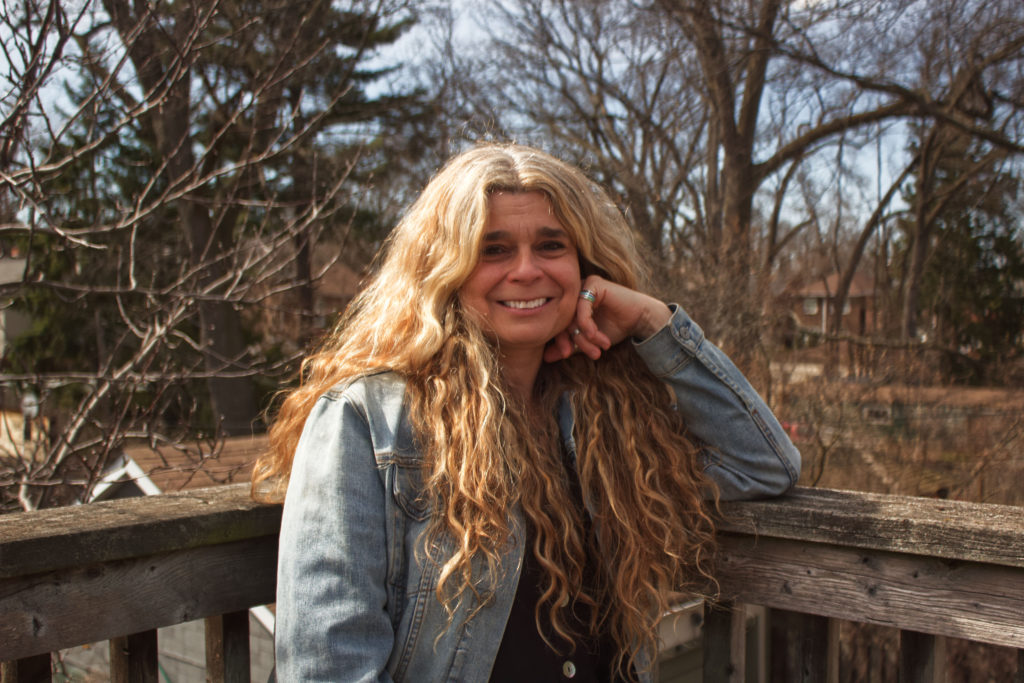
On January 28, 2014, Laura Pratt’s (2020) partner of six years ended their relationship out of the blue, at a train station, and “took his furious leave.” Nine years to the month later, her book Heartbroken: Field Notes on a Constant Condition is being published by Penguin Random House Canada.
“I guess you could say the book is the lemonade I made from the lemons of my breakup,” Pratt says.
After being dumped, Pratt wanted to write about her heartbreak, and took a memoir course in which she began to develop the idea. Then she ran into King’s MFA grad Helena Moncrieff (2016) at the library (they live in the same Toronto neighbourhood), and Moncrieff encouraged her to consider the creative nonfiction program.
A longtime magazine journalist and book editor, Pratt has ghostwritten business books, done reams of service journalism (“the kinds of stories with the little icon of the scissors with the dotted line, like you might want to cut this out and put it on your fridge”) and published a memoir that, nearly 20 years later, she dismisses as a “pretty clunky early-in-my-career kind of book.”
But as a busy freelancer, it was hard to carve out time to work on a project like Heartbroken. After talking to Moncrieff, “I got it in my head, and I decided I could make something good out of something terrible—that I could write the story of it,” Pratt says.
Her intention was to write a memoir—a book that could be helpful, without being self-help. “I did not want it to be ‘how to get over somebody,’ you know, like scented candles and a warm bath,” Pratt says. “But I still wanted people to be able to take comfort from it, and to find solace in it by hearing my story and understanding that they’re not alone.”
As Pratt worked with mentors Jane Silcott and Harry Thurston, the vision of the book shifted, becoming broader.
“Who the hell cares about me and my breakup?” Pratt says. “I’m not a celebrity. And so I started to shy away from making the focus too much on me.” After a conversation with an agent during the New York residency, she realized “the value of this book would be writing about the experience of heartbreak, not my experience of heartbreak—although of course that’s the thread that takes us through.”
In the end, Heartbroken explores the literature, philosophy, and science of heartbreak. Pratt says, “The science was what shocked me most. The discovery that our emotional pain follows the same neural pathways as our physical pain. So, in fact, you can die from heartbreak. The pain you feel is actually pain. It’s not metaphoric… You stub your toe, it hurts. You break your heart, it hurts.”
As she wraps up the audiobook recording of Heartbroken and mulls a new memoir, Pratt says she is grateful to the King’s MFA for helping her find “a whole different writing voice… It just nudged me into a whole different world. And I love it here. I love this.”

